Developing enquiries
Developing effective historical enquiries is not as easy as it might at first seem. Firstly, a successful enquiry depends upon the teacher having sufficient knowledge of the topic and the historical issues and controversies that surround it. In the teaching sequence, what do I include and what do I leave out? Secondly, the enquiry question must then be framed in such a way that it allows children to hypothesise, to grapple with an issue or controversy, the handle and evaluate evidence, to ask questions of their own and to make judgments. In this section, you will find advice and guidance to help you to plan and carry out effective historical enquiries with your pupils.
Sort by:
Date (Newest first) | Title A-Z
Show:
All |
Articles |
Podcasts |
Multipage Articles
-

A classroom museum
ArticleClick to view -

A creative Egyptian project
ArticleClick to view -

Ancient Sumer
ArticleClick to view -
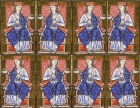
Anglo-Saxon Women
ArticleClick to view -

Assessment and Progression without levels
ArticleClick to view -
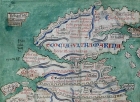
Britain's settlement by Anglo-Saxons and Scots
ArticleClick to view -
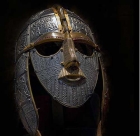
Case Study: Classroom archaeology. Sutton Hoo, or the mystery of the empty grave
ArticleClick to view -
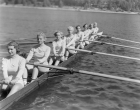
Celebrate your sporting heritage
ArticleClick to view -

Churches as a local historical source
ArticleClick to view -

Creating Variety in the Classroom
ArticleClick to view -

Creating the 'creative history' website
ArticleClick to view -
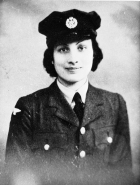
Cross Curricular Project on a famous person
ArticleClick to view -

Curriculum planning: How to write a new scheme of work for history
ArticleClick to view -

Doing history in the early years and foundation stage
ArticleClick to view -
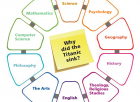
Epistemic insights: bringing subject disciplines together
ArticleClick to view -

From Home to the Front: World War I
ArticleClick to view -

Having fun through time
ArticleClick to view -
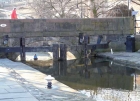
History in the Urban Environment
ArticleClick to view -

History in the curriculum
ArticleClick to view -

How do you enable creativity and empathy without loosing 'rigour'?
ArticleClick to view

